The problem: our ancestors believed in the holiness of God. Today’s scientists are leaving that “outworn belief” behind, and, via technology, seeking… to make men into gods… with no regard whatsoever for “holiness”…
The central proclamation of the Christian faith is a fact of history, an event that occurred in a certain place at a certain time: the resurrection of Jesus in Jerusalem on the first Easter morning.
This is the “Good News” (the Gospel): that Jesus of Nazareth rose from the dead after His execution in Jerusalem in c. 30 A.D., nearly 2,000 years ago. That Jesus “trampled death by death.”
The belief that He did this, the acceptance that this “Good News” — that He indeed conquered death — was true, led His followers to revere and love Him…
They revered and loved Him because they were persuaded that He was worthy, that the power which had enabled Jesus to conquer death, to “reverse entropy,” to overcome the seemingly inevitable process of aging, sickness, decay and death, was not a technological, financial or occult power of any sort, but rather… His perfect goodness, His perfect… holiness. (Because death has no power over perfect holiness.)
Holiness, ontologically, is linked to, or connected to, the eternal, a reality which in its essential “being-ness” is beyond decay and death, a reality which cannot die, a reality which, in its fundamental nature, its essence, remains forever, “unto ages of ages,” with no end… We find this truth throughout Scripture, in both the Old and New Testaments.
Jesus said the name of God (His essence) is “holy,” or “to be made or kept as holy,” when He taught His disciples the Our Father: “Pray then like this: ‘Our Father in heaven, hallowed be your name’” (Matthew 6:7-9).
The Prophet Isaiah wrote: “For thus says the One who is high and lifted up, who inhabits eternity, whose name is Holy: ‘I dwell in the high and holy place, and also with him who is of a contrite and lowly spirit…’” (Isaiah 57:15).
The Prophet Samuel wrote: “There is none holy like the Lord: for there is none besides you…” (1 Samuel 2:2).
Peter wrote, in his first letter: “Therefore… set your hope fully on the grace that will be brought to you at the revelation of Jesus Christ. As obedient children, do not be conformed to the passions of your former ignorance, but as he who called you is holy, you also be holy in all your conduct, since it is written, “You shall be holy, for I am holy” (1 Peter 1:13-16).
King David in the Psalms wrote: “I will also praise you with the harp for your faithfulness, O my God; I will sing praises to you with the lyre, O Holy One of Israel. My lips will shout for joy, when I sing praises to you; my soul also, which you have redeemed” (Psalm 71:22-23).
God is more than a means of achieving a transitory desire or worldly goal: He is our greatest good. God is an end in Himself.
The profound advances of modern science and technology, together with a general forgetting of the place of “the holy” in an effort to render eternal what is limited and temporal, have led us to the peculiar obsession of our present time: seeking eternal life through technology rather than through union with the eternal, holy God, that is, by becoming filled with grace, that is, holy.
Through technology, not through… sanctity. Through “AI” (artificial intelligence) and not through incorporation into the holiness of the risen Jesus Christ, by means of the mysteries of Christian life, also known as the Christian “sacraments,” all seven of which are intended to incorporate finite, sinful human beings into the infinite, holy being of the Risen Lord Himself.
Two recent news reports prompt this reflection. First, billionaire tech mogul Elon Musk revealed in an April 18 interview with Tucker Carlson that Google co-founder Larry Page once told him he hoped to build an AI super-intelligence that Musk described as a “digital god.” According to Musk, the exchange occurred when he stayed at Page’s home in Palo Alto, California, when the two were “close friends.” Musk said: “I would talk to him late into the night.” Page wanted a “digital super-intelligence,” Musk said, “basically a digital god, if you will, as soon as possible.” Musk noted a number of public statements by Page over the years showing that “the whole goal of Google is what’s called AGI, artificial general intelligence or artificial super-intelligence.” So, a new, “technological” God. Not a holy one…
Second, Israeli “futurologist” Noah Harari, in an interview on May 19 in Lisbon, Portugal, suggested that “AI can create new ideas; [it can] even write a new Bible.” Harari works closely with Klaus Schwab, head of the World Economic Forum, who has proposed a “Great Reset” for humanity between now and the year 2030. This suggests that the “Reset” may involve the creation of a new “holy book” for humanity, authored by “artificial intelligence.” Not a holy but an artificial intelligence scripture.
Christianity makes a central proposal: that man — each human person — is in the image and likeness of God, and, in existing, is meant, as St. Irenaeus tells us, to give glory to God — the ultimate reality — by becoming fully alive through the vision of God, through seeking after and finally seeing God.
This means that any humanism, any de facto deification of man… any worship of man, not God… will not lead humans to true happiness but, on the contrary, to a dead end and misery. That is the essence of the matter.
We have a calling, a vocation, each one of us. We are called to undertake a pilgrimage in this life, to set our sights on our true destiny, our true home, and journey toward that destiny, that home, in the face of every temptation, every proposed alternative destiny, focusing on that final goal alone. The goal is to encounter the Logos, Christ.
“Man bears within him a thirst for the infinite, a longing for eternity, a quest for beauty, a desire for love… man bears within him the desire for God,” Pope Benedict XVI said in his General Audience of May 11, 2011.
This is the message of Christianity, and it is the message that is behind all of the Church’s elaborate structures, all of the teachings, doctrines, commandments, counsels, laws, sacraments, rituals and charitable initiatives.
This is the true heart of the Church, and the true purpose of the Holy See, the true center of the Vatican — even if all the insufficiencies and failings of men have made that true center difficult to see clearly. Yet, this true center remains…
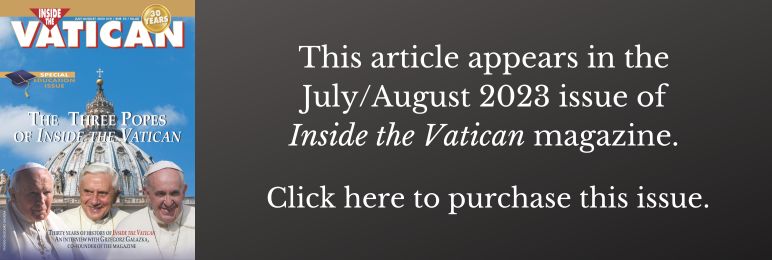

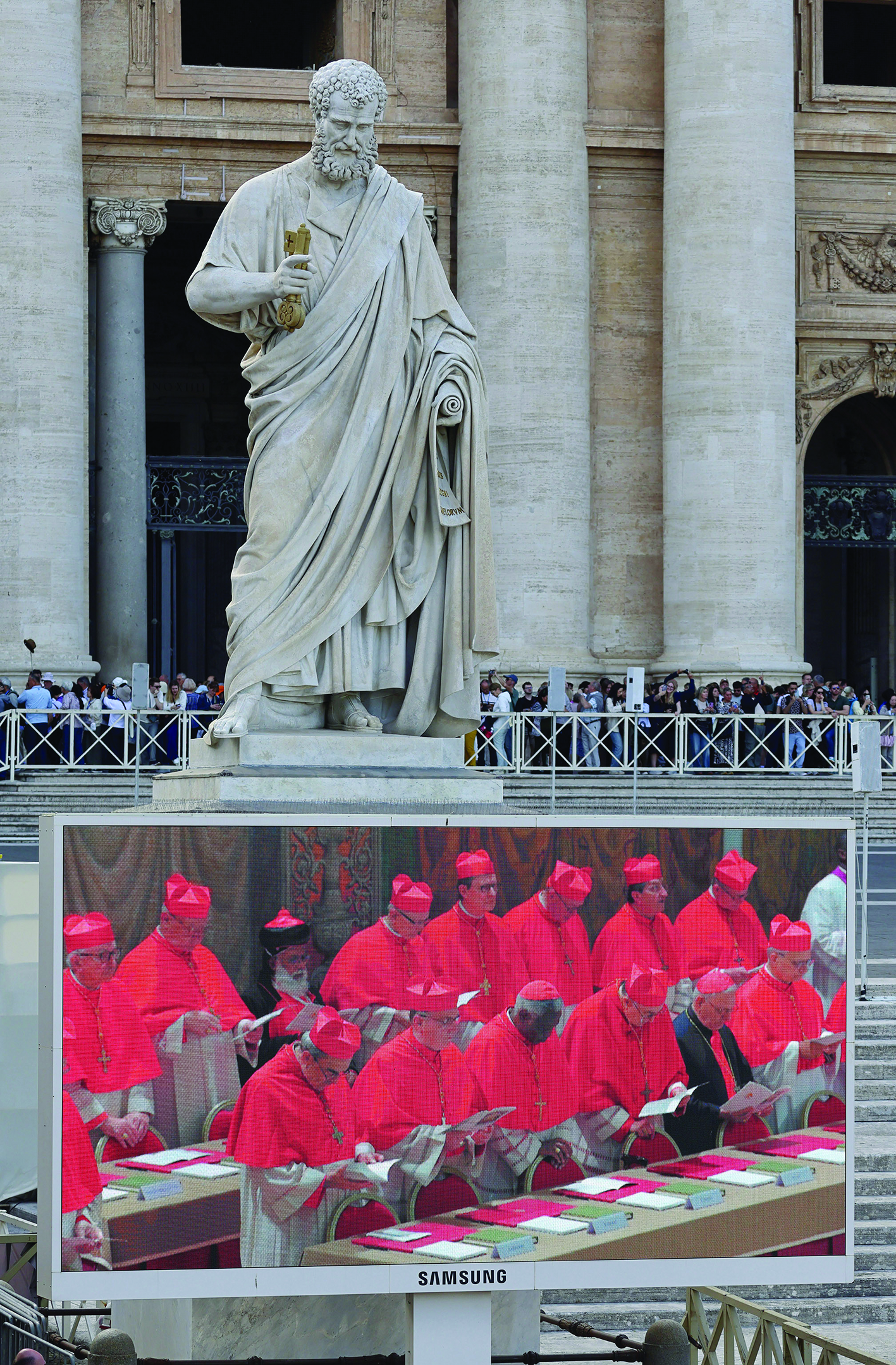
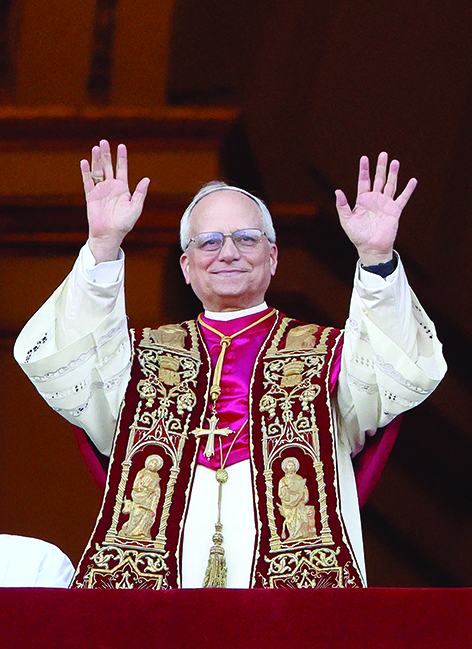
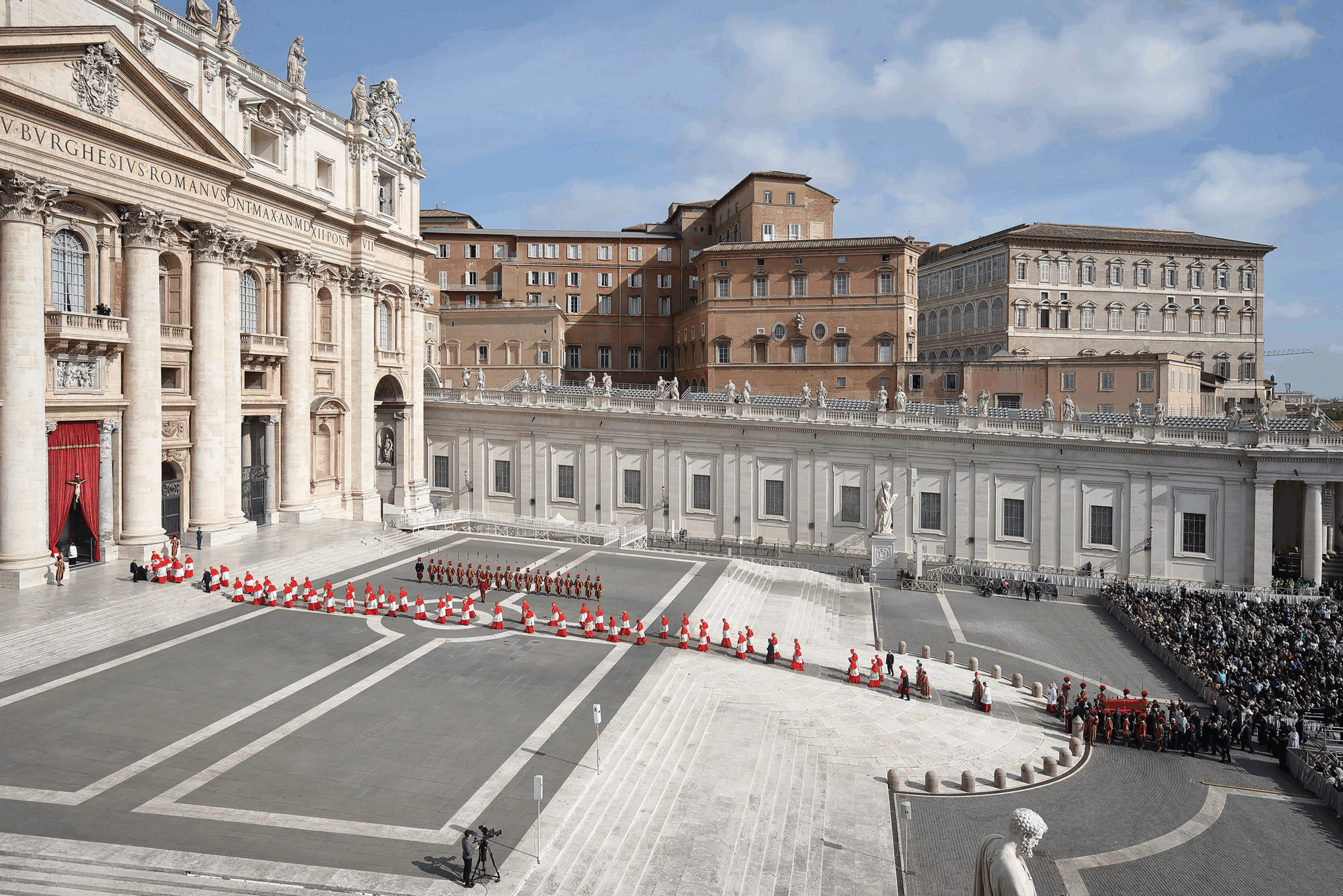
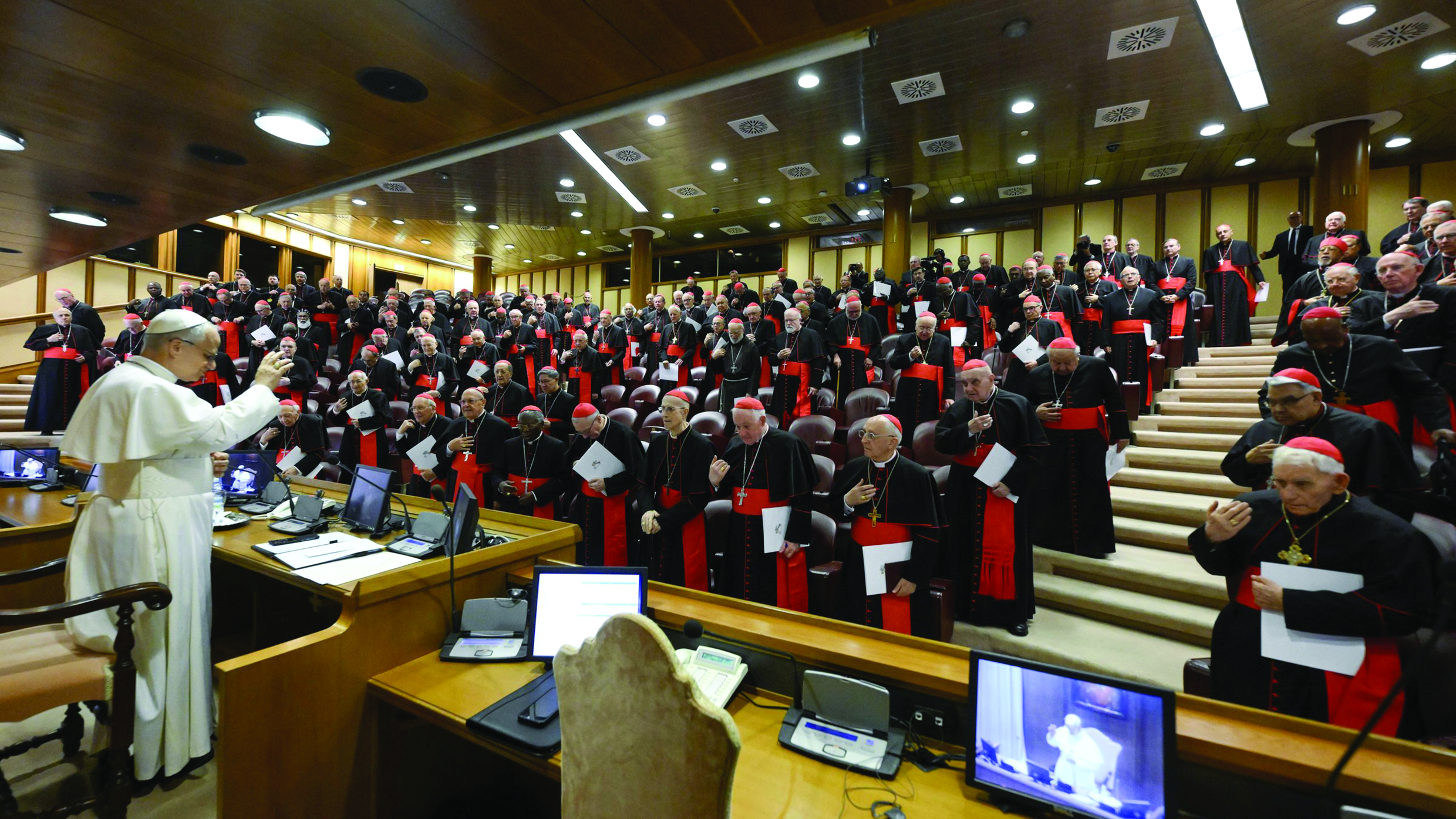
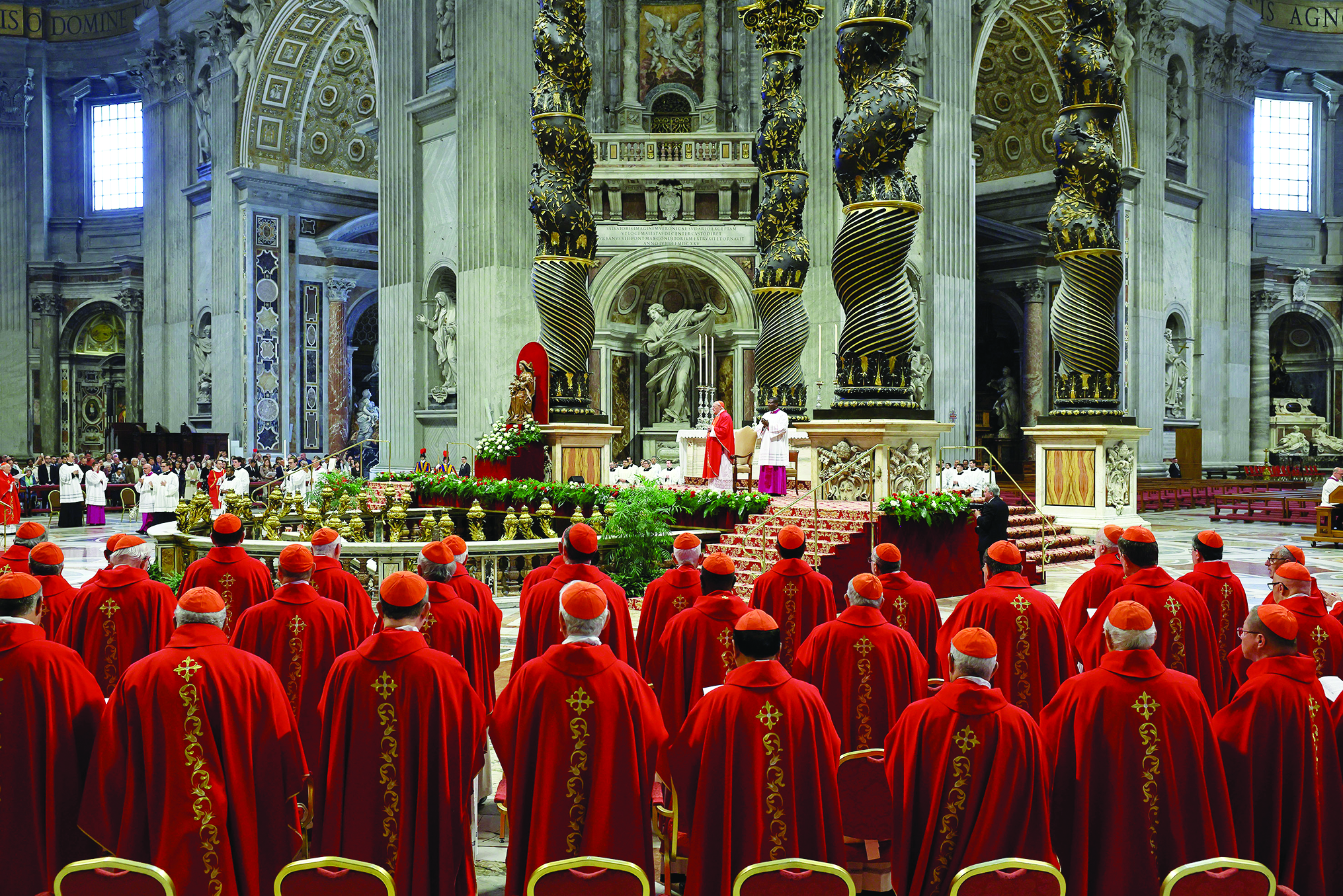
Facebook Comments